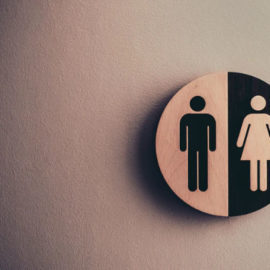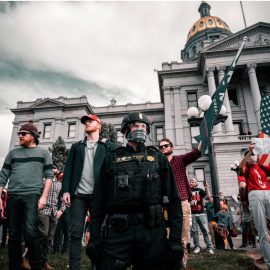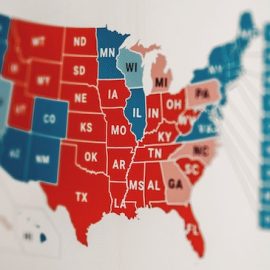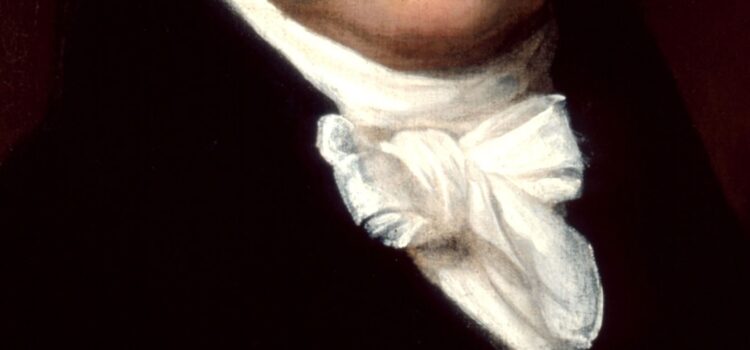
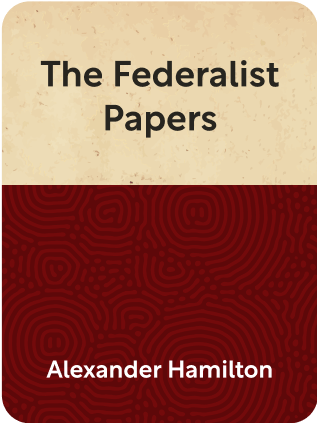
This article is an excerpt from the Shortform summary of "The Federalist Papers" by Alexander Hamilton. Shortform has the world's best summaries of books you should be reading.
Like this article? Sign up for a free trial here .
What is judicial authority? How does Federalist 81 discuss the powers of the judiciary?
Judicial authority is the power of the judiciary to interpret laws or declare them invalid. Federalist 81 defends the powers of the judicial branch as described in the Constitution.
Read more about Federalist 81 and judicial authority.
What Is Judicial Authority?
The third branch of government, the judiciary, is unique. Unlike the executive branch, it possesses no army, navy, or other powers of enforcement to compel adherence to its decisions. Unlike the legislature, it has no direct power of the purse. However, there are several specific powers of the judicial branch.
Instead, the way that the federal courts exercise this power is through judicial review. This is the power of the judicial branch to declare null and void those laws or executive orders that are in violation of the Constitution. As explained in Federalist 81, judicial authority serves as a powerful check on both the executive and legislative branches. While courts generally do not have many formal powers to enforce their rulings, Congress and the president have historically complied with court orders, even when they disagreed with them.
Given its crucial function, and judges’ comparative lack of enforcement power, it was important that the judiciary be independent from the executive and legislative branches and have specific powers of the judiciary. To ensure this, judges were to serve for life, provided that they maintained “good behavior” on the bench. There were good reasons for this. Judges were meant to make their rulings solely on the Constitution, not for political considerations. If they had to be renominated and re-confirmed, they might feel the need to curry favor with Congress and the president, which could exert a corrupting influence on their jurisprudence.
The highest court in the land was to be the United States Supreme Court. In the main, the Supreme Court acted as an appellate court—issuing final rulings (for those cases it chose to hear) on cases that had worked their way through the inferior federal courts. The only cases where the Supreme Court would have original jurisdiction would be cases involving ambassadors or cases in which a state was a party to a suit.

———End of Preview———
Like what you just read? Read the rest of the world's best summary of Alexander Hamilton's "The Federalist Papers" at Shortform .
Here's what you'll find in our full The Federalist Papers summary :
- The genius of the founding fathers in how they designed the United States Constitution
- Why it was critical for the United States to form a union rather than stay separated as colonies
- How Alexander Hamilton anticipated social issues that are still relevant today




